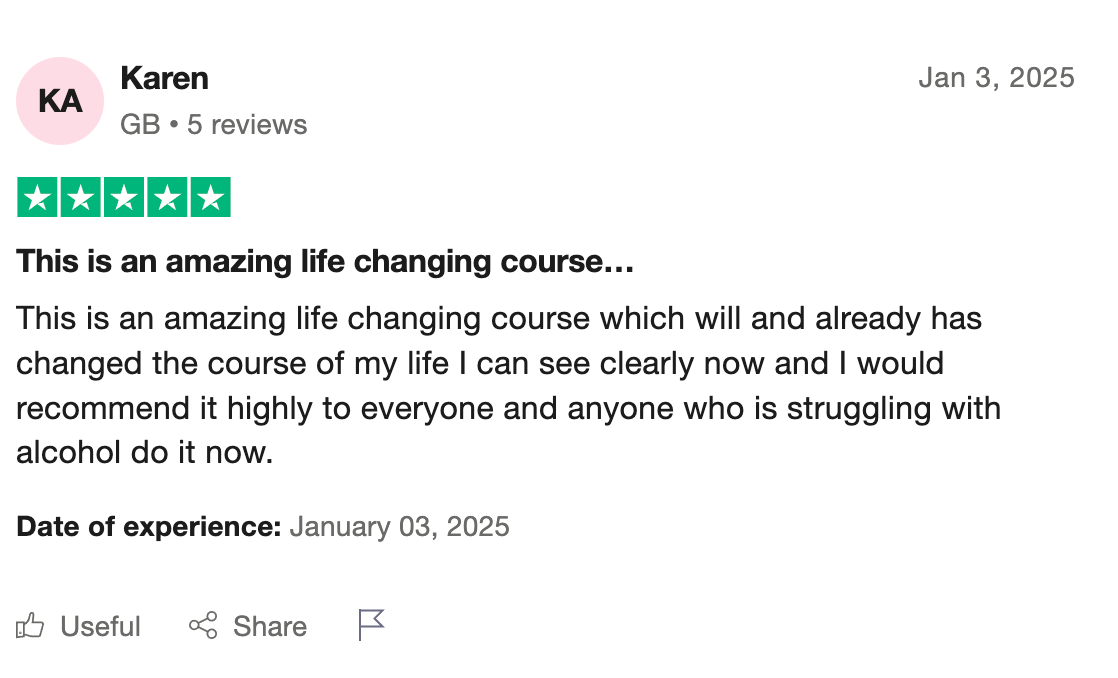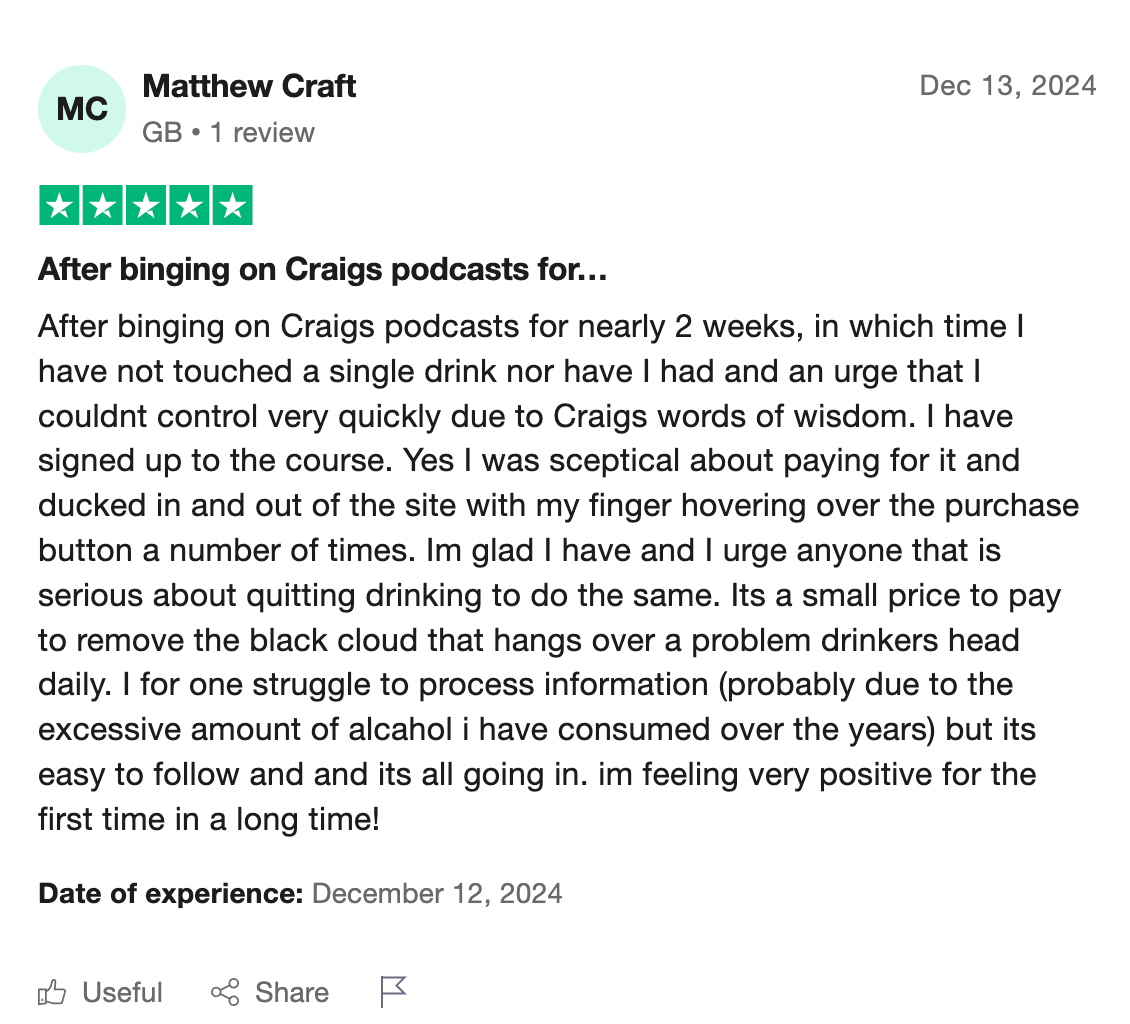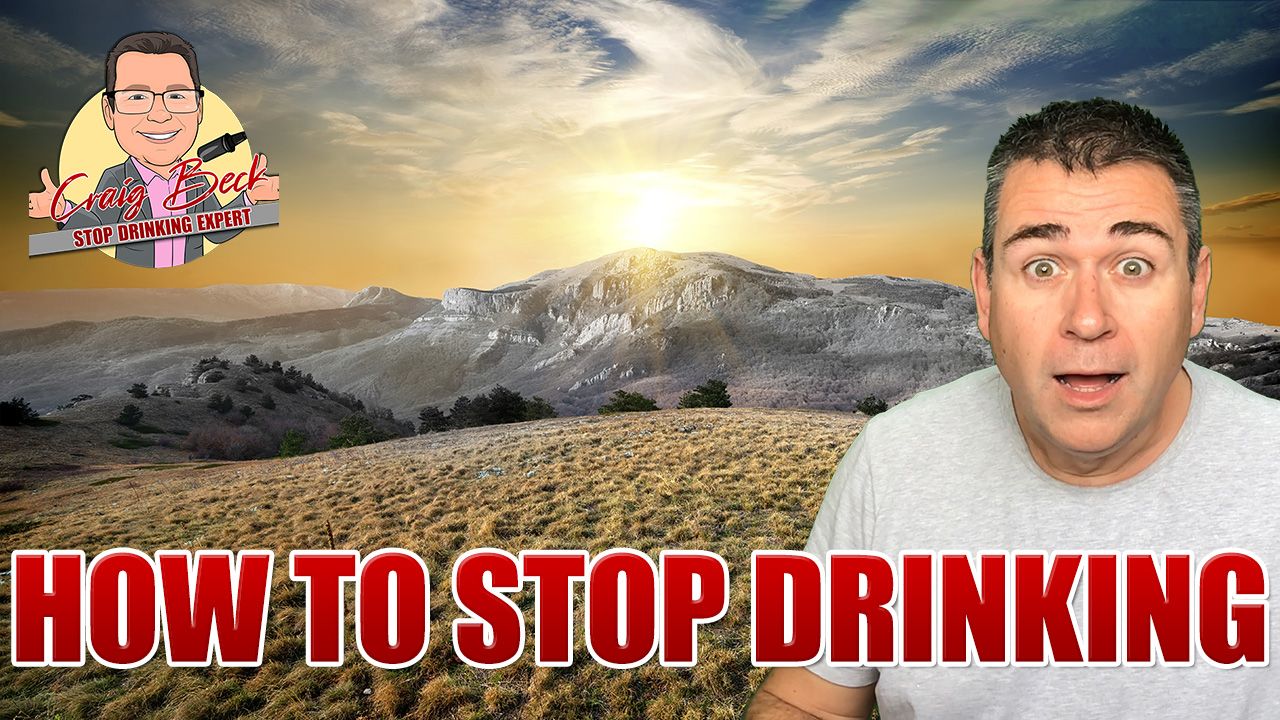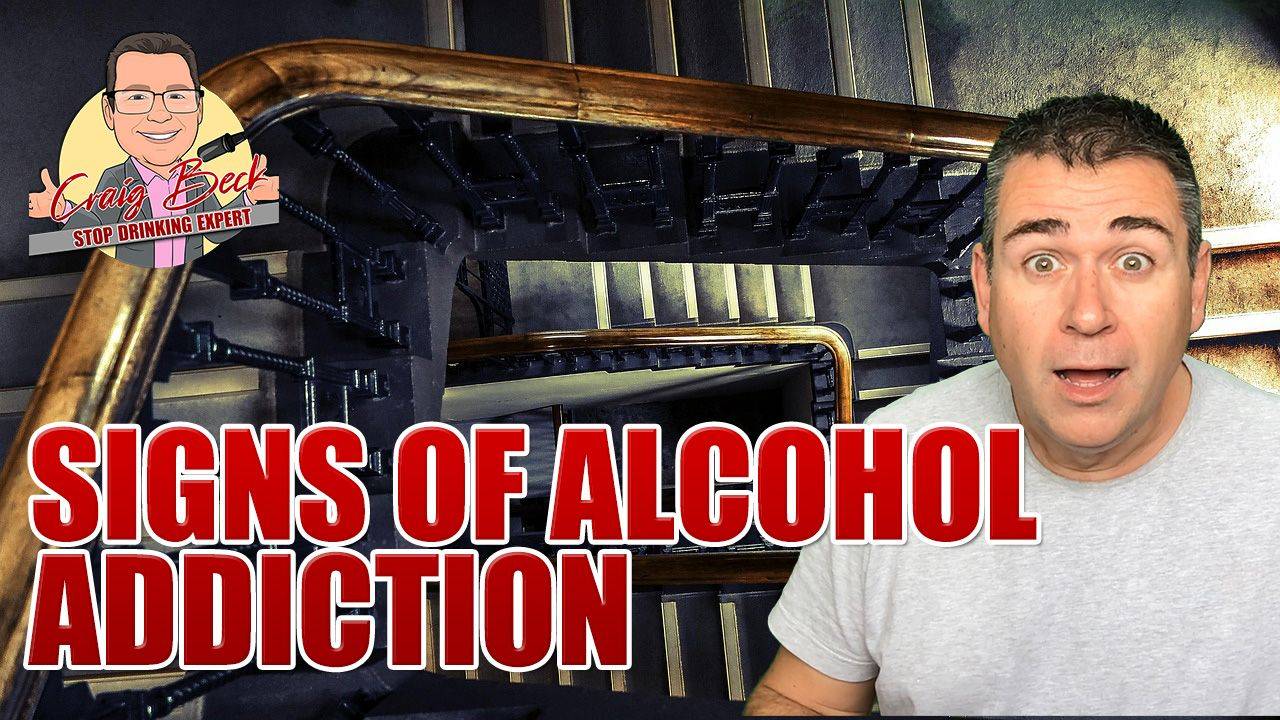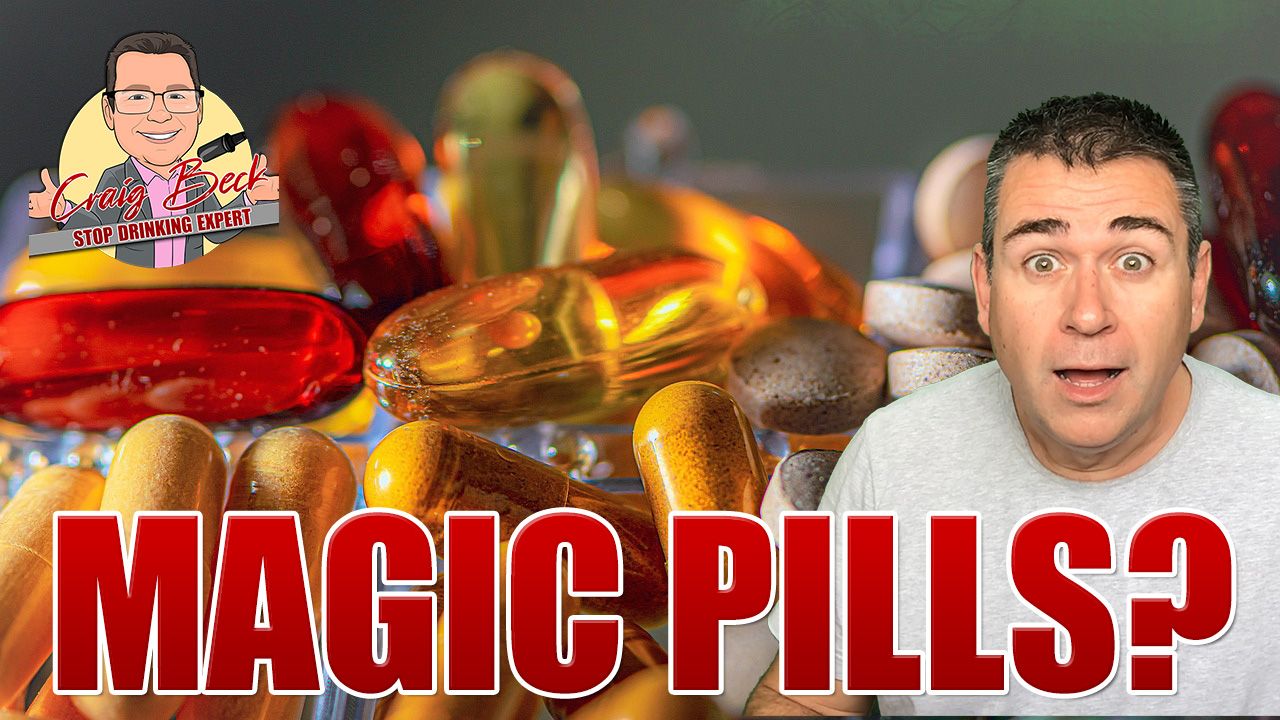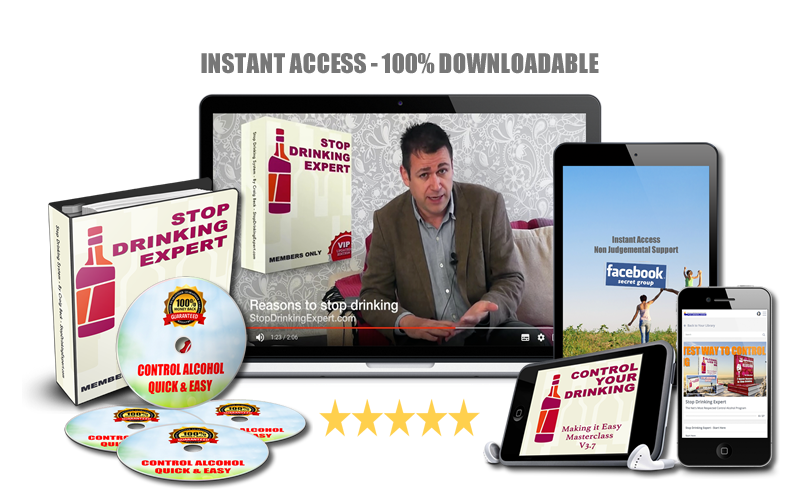Why Alcoholics Anonymous Does Not Work For Problem Drinking

Why AA Does Not Work For Problem Drinking
Walk into any city hall on a Tuesday evening and you will likely find a circle of folding chairs, a coffee urn, and a familiar blue book. Alcoholics Anonymous built a global reputation as the gold standard for beating booze. Yet many intelligent men and women try the programme, learn the prayers by heart, then sneak back to their old bottle within weeks. Something in the model fails thousands of social and functional drinkers every single day.
Problem drinkers occupy an awkward space between occasional indulgence and full dependency. Life still looks fine from the outside. Jobs get done, bills get paid, families remain intact. Behind the curtain, though, bottles hide in gym bags, alarms buzz at 3 a.m. to check pulse rates, and guilt gnaws without mercy. When these individuals sit in a traditional AA meeting they hear tales of lost driving licences and prison sentences. The gulf feels enormous therefore identification stalls.
Alcoholics Anonymous was born in 1935 during a very different cultural era. Its language leans heavily on surrender, confession, and lifelong labels such as alcoholic. That framing can help someone who has crashed to rock bottom. It rarely resonates with professionals who simply want their evening wine to stop shouting. They crave a modern, science informed toolkit not a moral inventory penned nearly a century ago.
Another stumbling block involves the famous first step. AA teaches you are powerless over alcohol. Contemporary cognitive behavioural research says the opposite. You regain power when you challenge beliefs, rewrite habits, and support brain chemistry through nutrition and exercise. Powerlessness can breed passivity. Many members sit in meetings for years reciting failures rather than crafting fresh identities. Progress drifts.
The One Size Fits All Dilemma
Problem drinkers vary wildly. One person drinks to ease social anxiety. Another pours gin to celebrate every minor victory. A third sips lager out of sheer boredom. AA prescribes one uniform remedy regardless of root cause: attend meetings, follow the Twelve Steps, repeat forever. Imagine a doctor who writes identical prescriptions for migraines and sprained ankles. You would flee the surgery quickly. Tailored solutions matter because triggers differ.
Modern neuroscience shows each brain stores unique cue reward loops. Your loop might link Friday paydays to champagne whereas mine pairs cooking dinner with riesling. The Stop Drinking Expert approach dissects these personalised loops and installs alternative rewards. That bespoke surgery cannot occur inside group recitations that forbid cross talk. Members listen politely then disperse with unresolved patterns intact.
Consider also the spiritual framing. Step Two speaks of a power greater than ourselves restoring sanity. Some folks embrace spirituality gladly. Others bristle at any whisper of religious vocabulary. Studies from the University of Sussex indicate that forced spiritual framing can push secular seekers away before benefits appear. Sobriety becomes entangled with theology rather than physiology, psychology, and behavioural economics.
Flexibility proves vital. The blog post on quitting alcohol shows how cognitive reframing, mindful breathing, and micronutrient support combine into a tailored plan. Freedom blooms through choice not dogma. People pick what resonates, ditch what feels alien, and craft a path they own. Ownership fuels persistence long after meeting lights dim.
Social Identity Can Trap Progress
Alcoholics Anonymous forms tight communities. Friendship and empathy indeed help. Yet social identity theory warns that group labels can freeze self image. Announcing I am an alcoholic at every gathering etches that identity deeper than the original drinking script. Years later you may drink less than a pint of beer each month yet still introduce yourself with the same disempowering phrase. The label lags behind the reality.
Problem drinkers often carry fragile confidence. Repeating a negative identity amps shame just as they attempt to build pride in new habits. The paradox stalls momentum. Craig Beck flips the script by encouraging readers to state I was lied to by alcohol therefore I am taking my power back. That sentence focuses on agency not defect. Words matter because they sculpt neural pathways. Positive identity fosters resilient behaviour according to Stanford psychologist Carol Dweck.
Groupthink poses a second risk. Purist AA rooms sometimes criticise alternative strategies such as medication assisted tapering or mindfulness coaching. Members fear judgment if they explore supplements like thiamine or attend workshops outside the fellowship. Innovation stalls in the echo chamber. Health science evolves weekly therefore stagnation becomes unsafe.
Watch the candid clip Why Some Hate Alcoholics Anonymous. It unpacks how rigid culture morphs from safety net into velvet prison. Liberation demands freedom to test, measure, and adapt without peer pressure masquerading as guidance.
Hidden Relapse Numbers
AA claims millions of grateful graduates, yet reliable statistics remain elusive. The organisation guards anonymity, so independent researchers struggle to track genuine success rates. When peer reviewed studies emerge the numbers tell a sobering story. A major review in 2020 by the Cochrane Collaboration revealed mixed evidence for long term effectiveness compared with motivational enhancement therapy or cognitive behavioural therapy.
Functional drinkers value data. They want to know odds before investing precious evenings in church basements. Transparency builds trust; hazy claims raise scepticism. The Stop Drinking Expert site publishes clear metrics: percentage of subscribers who reach ninety alcohol free days, average drop in liver enzyme counts, improvement in sleep scores. Hard evidence motivates rational minds. One reader wrote, I am an engineer, I need charts not chants. The blog delivered and he stayed.
Relapse secrecy compounds the problem. AA culture often sees slipping as moral failure rather than expected learning curve. Members who drink again might vanish, skewing visible outcomes. Those silent exits leave newcomers believing everyone else is succeeding. Comparison sparks discouragement then abandonment. By contrast Craig Beck normalises lapse discussion, treating it like a data point to analyse kindly. Honesty replaces hidden shame, and recovery regains momentum.
The video Quitting Drinking Made Easy illustrates this ethos by dissecting common relapse triggers such as low blood sugar without moral scolding. Viewers finish empowered to troubleshoot cravings scientifically rather than flog themselves emotionally.
Environment Matters As Much As Willpower
Traditional AA suggests you can walk proudly past a pub so long as you call your sponsor and pray. Environment design science offers a more pragmatic angle. Rearranging kitchen cupboards, choosing alcohol free social venues, and scheduling evening exercise sessions all reduce decision fatigue. Willpower becomes the last resort rather than the first defence.
Problem drinkers often juggle demanding careers, children, and ageing parents. Their cognitive bandwidth runs thin by dusk. Expecting consistent willpower after ten hours of meetings and homework supervision borders on fantasy. Environmental tweaks, such as storing sparkling water in wine glasses and swapping after work bar visits for virtual reality workouts, lower the bar to success. These practical hacks seldom appear in Twelve Step literature written before television remote controls existed.
The blog post at Fear of Failure explains how micro environmental wins build self trust. Each easy victory nudges brain chemistry toward confidence, which fuels bolder changes. Over time a virtuous cycle emerges that dwarfs pure abstinence pledges.
Nutrition joins the environment roster. Craig stresses magnesium, omega three, and B vitamin support to stabilise neurotransmitter production. AA coffee and doughnuts cannot compete with balanced macronutrients. Functional drinkers quickly notice calmer evenings when blood sugar holds steady. Calmness slashes craving intensity therefore less brute force is required.
The Time Cost Equation
Weekly AA attendance plus service commitments can consume ten or more hours. Add driveway travel and spontaneous phone calls from fellow members and the programme rivals a part time job. Some participants flourish with that structure; others drown. Parents of toddlers, shift workers, and entrepreneurs may find the schedule impossible. They quit meetings not because they lack dedication but because life logistics choke them.
Digital learning solves this hurdle elegantly. Articles, webinars, and coaching snippets fit into micro breaks. A person can read while stirring soup or watch a clip while the toddler naps. Learning velocity increases because lessons arrive at the exact moment motivation peaks. Behavioural economists call this the just in time principle and it doubles application rates compared with batch classroom models.
Additionally time saved on commutes can be reinvested in sleep, a crucial yet overlooked sober aid. Research from Harvard Medical School shows that one extra hour of nightly rest reduces next day craving strength by twenty three percent. That restful hour once lost driving to meetings might now bolster resilience.
Readers regularly email Craig saying the blog rescued their evenings, gifting family time that meetings devoured. This emotional dividend amplifies satisfaction, which cements new behaviour. Joy beats grim compliance every time.
A Modern Map For Modern Minds
Alcoholics Anonymous changed countless lives and deserves respect. Nevertheless its roots remain anchored in 1930s beliefs about morality, medicine, and community. The world evolved. Smartphones deliver instant mindfulness sessions. Genetic testing tailors nutritional plans. Cognitive science uncovers habit circuitry in vivid detail. A flexible evidence driven framework now exists and problem drinkers thrive when they adopt it.
Cultivating curiosity becomes the first step. Swap powerless slogans for empowering questions: What story do I tell myself about wine. When did that narrative begin. How could I rewrite the script. Then explore resources like the article on Five Big Mistakes. Test techniques. Track results. Celebrate micro victories without labelling slip ups as disgrace.
Finally download the free book Alcohol Lied To Me. It compresses years of research and coaching into plain talk chapters ready for immediate use. Thousands have already crossed from fearful moderation to confident freedom using its roadmap. You could join them today. The cork does not control you, the past does not define you, and the future waits with steady hands. Step forward with knowledge, not superstition, and watch clarity bloom.
Further Reading
- Alcoholics Anonymous Does Not Work
- Benefits Of Stopping Drinking
- Going Cold Turkey Safely
- Quitting Without Rehab
- Escaping The Alcohol Trap
- Staying Sober Long Term
References
- Cochrane Collaboration. Alcoholics Anonymous Interventions Review. 2020.
- University of Sussex. Spiritual Framing and Treatment Retention Study. 2023.
- Harvard Medical School. Sleep Duration and Craving Intensity Report. 2022.
- Stanford Mindset Lab. Identity Language and Behaviour Change Findings. 2024.
More Helpful Quit Drinking Advice
Does this sound familiar?
- Drinking to escape stress and to cope with the pressures of life?
- Waking up full of guilt and regret that you drank again last night despite promising that you wouldn't?
- Hiding alcohol or the evidence of your drinking?
- Feeling like you are living a double life because of your drinking?
- Creating silly rules to try and control your drinking (e.g., I will only drink on special occasions)?
The good news is that you are not alone; the better news is that I can help.
Meet Craig Beck, The World's Most Respected Sobriety Coach
Craig Beck, better known as “The Stop Drinking Expert”, turned a 20-year battle with alcohol into a roadmap for lasting freedom. The bestselling author of Alcohol Lied to Me and The Sobriety Secret discovered that traditional routes like Alcoholics Anonymous can feel embarrassing, public, and all too often, entirely ineffective.
His method is different. It shows you:
- Why you drink in the first place—the hidden brain loops alcohol hijacks.
- How to switch off cravings before they even start.
- A willpower-free exit plan you can follow privately, at your own pace—no labels, no awkward meetings, no medication.
Hundreds of thousands worldwide now wake up clear-headed, proud and at peace thanks to Craig’s approach. Will you be the next?
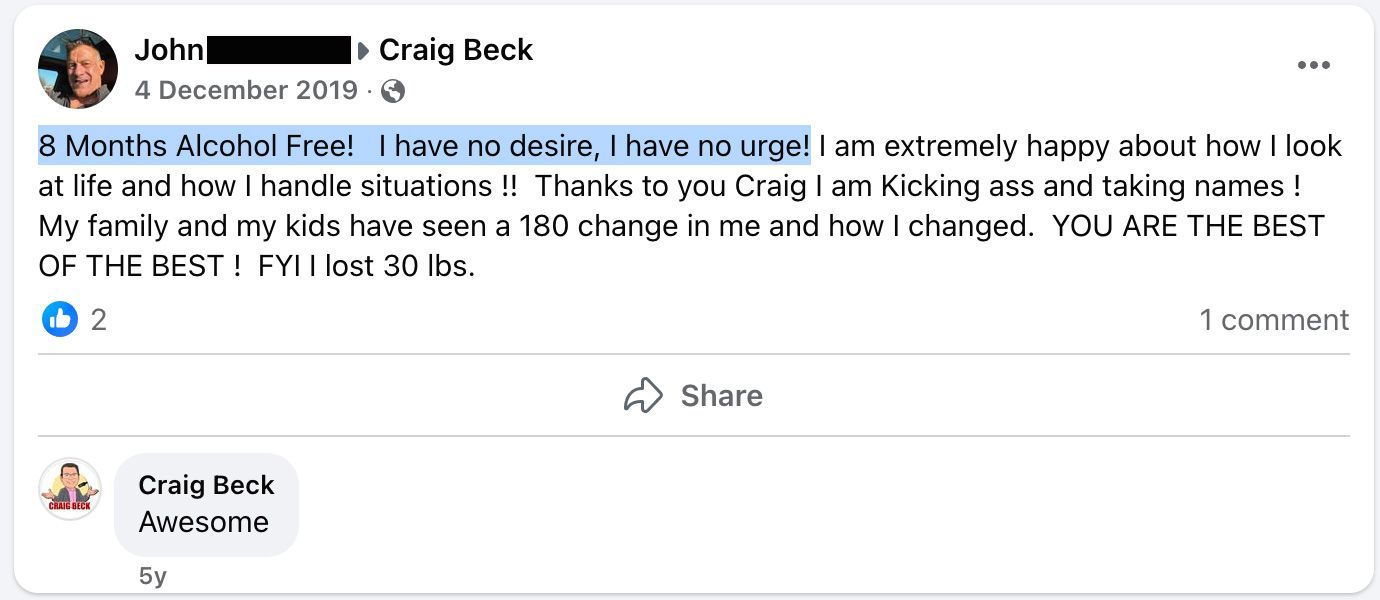
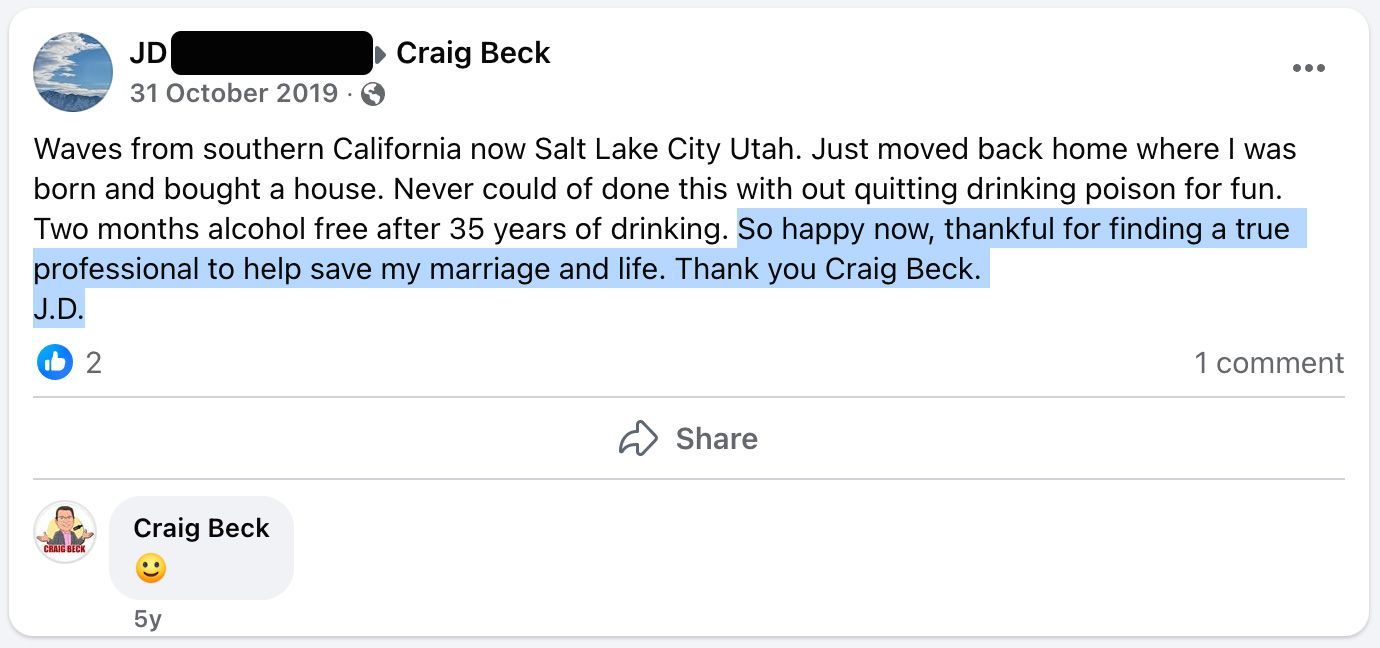
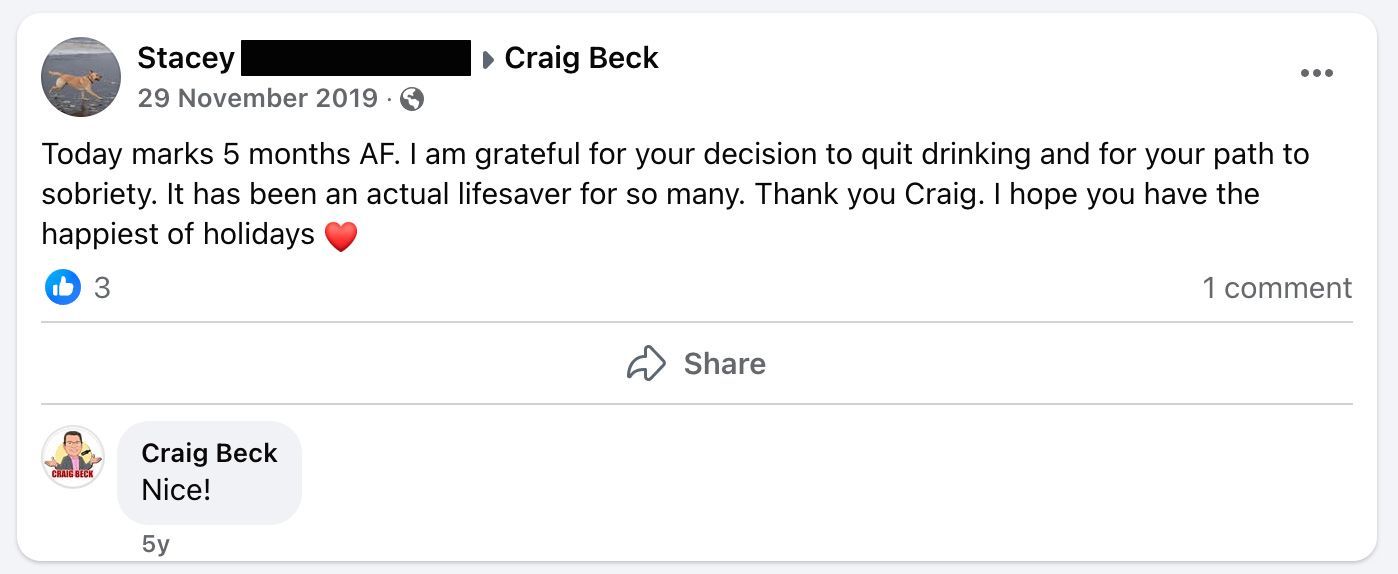
"Effortless Sobriety: The Proven Path to End Problem Drinking"
No one likes asking for help with their drinking—it feels personal and heavy. But if willpower alone hasn’t worked, it’s not because you’re weak. Research indicates that relying solely on grit is unsuccessful approximately 95 percent of the time. You’ve simply been using the wrong tool for the job.
Download my free ebook or decide now get started with the full course and learn:
- Why the game is rigged: how alcohol rewires your brain chemistry and makes “just trying harder” almost impossible.
- A science-based exit plan: practical steps that work quickly, privately, and on your terms.
- No awkward meetings or risky meds: forget the gimmicks—this is about smart strategy, not shame.
`Are you ready to step onto solid ground? Get off the fence, take action, and start taking back control—quickly, confidently, and without the struggle.
Over 250,000 Happy Sober Clients Can't Be Wrong:






